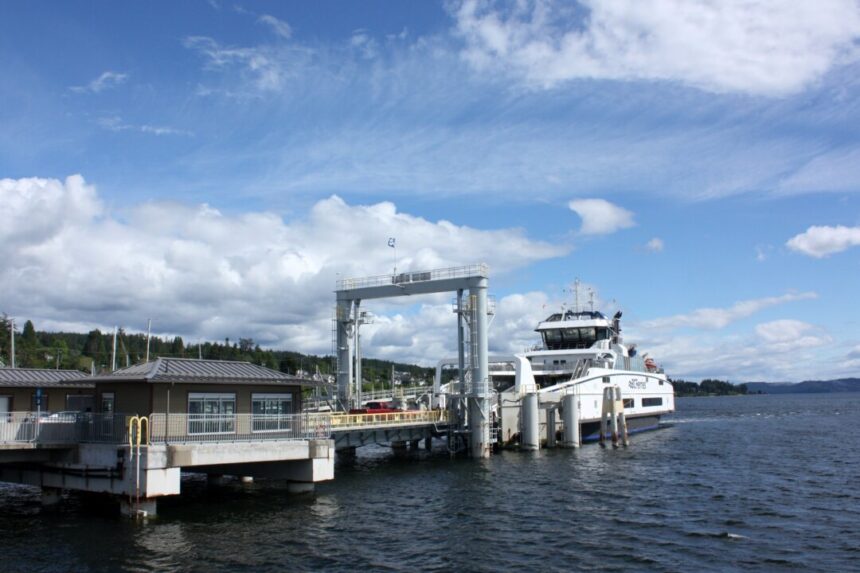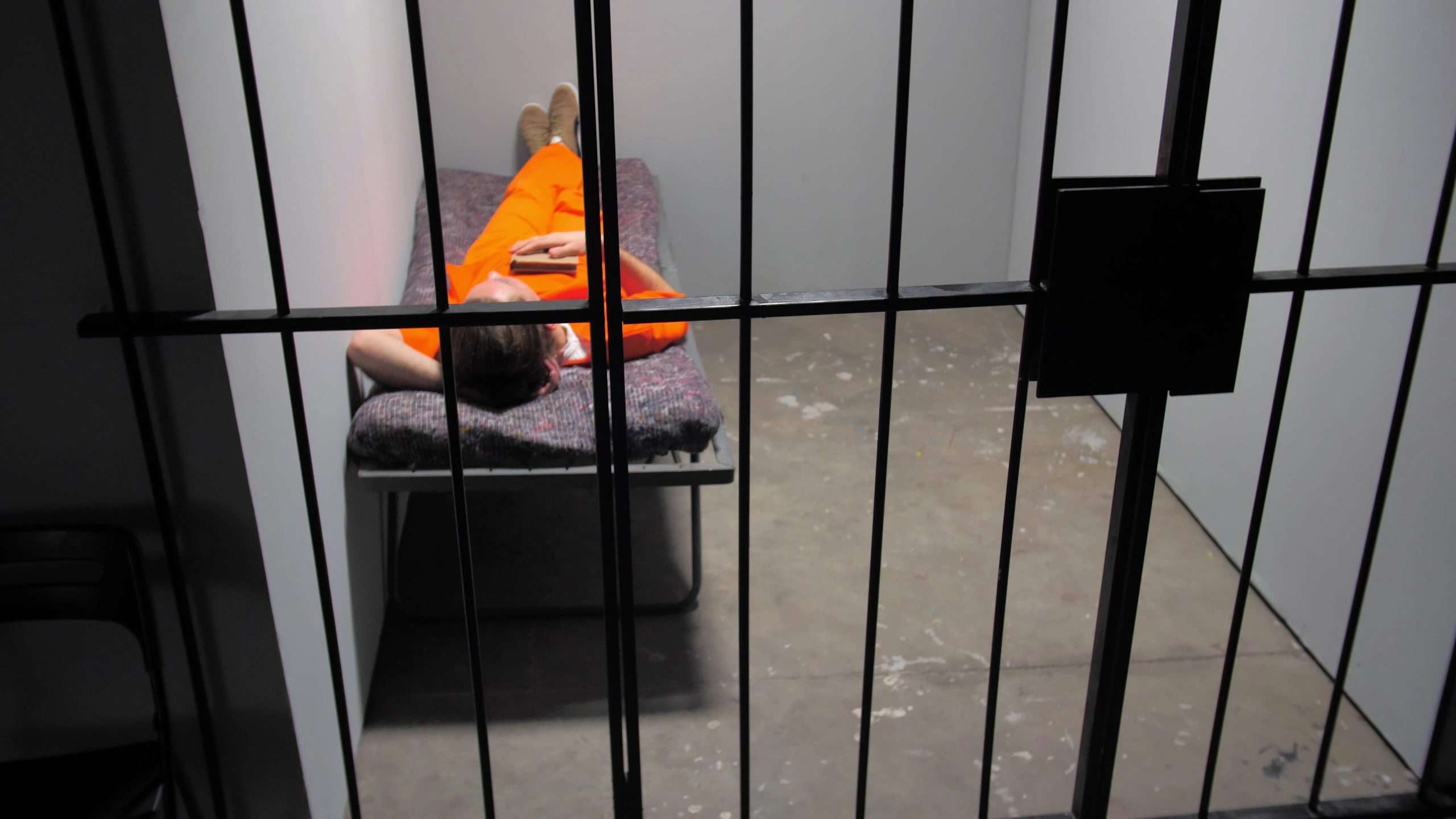Commentary
Today in Canada, it is common to hear that truth and reconciliation are necessary to mend indigenous-non-indigenous relations. Unfortunately, the notion of objective truth is being replaced by subjective beliefs, and attempts at reconciliation quite often result in discord and misinformation.
Hackett argued that the town’s current name had to go because of the legacy of its supposed namesake, Israel Wood Powell. From 1872 to 1889, Powell was the federal superintendent of B.C.’s Indian Affairs. As such, he stands accused of being “instrumental” in the creation of residential schools in the province and for outlawing the potlatch, a native gift-giving ceremony. But like the false claim about the 215 children allegedly found at Kamloops, this continues to be unproven.
According to local historian Arthur Richards, Powell had little role in developing residential schools; he was far more interested in creating Indian day schools. Only two of 18 residential school in the province were even open during his term. As for the potlatch ban, Powell was actually responding to a petition from several native leaders in the province who wanted the expensive and poverty-inducing ceremony “put down” because it was harming their tribes. According to the authoritative Dictionary of Canadian Biography, Powell was “more sympathetic to native people than most of his contemporaries were.”
As the Powell River name-change debacle reveals, “truth” no longer means a reliance on verifiable facts and evidence. The true historical record of Israel Wood Powell—which reveals him to have been an enlightened and liberal administrator with broad sympathy for indigenous people—is of no consequence. Further, no one even seems to care if Powell River is actually named for the man himself.
As for “reconciliation,” relations between native and non-native in Powell River have never been lower. What was supposed to be a healing process has metastasized into an attempt to impose the will of a minority on everyone else. And this is enforced through accusations of racism and job loss. Democracy depends on the unfettered right of citizens to speak their mind on the pressing issues of the day. Right now, democracy is at risk in Powell River.
There is no question that indigenous people have suffered terrible injustices throughout Canada’s history. Indigenous people live in isolated communities with high rates of violence, fetal alcohol syndrome, economic dependency, and educational deficiencies. They need emergency interventions and access to high-quality services.
But all this is being ignored in favour of pushing through a name change against the will of local residents. This isn’t progress. It is the opposite.
Views expressed in this article are opinions of the author and do not necessarily reflect the views of The Epoch Times.
Please rewrite this sentence.
Source link






